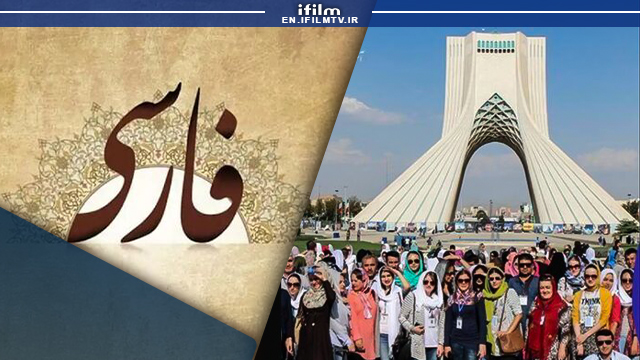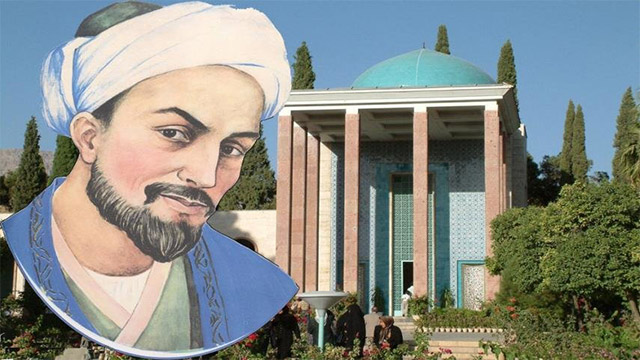Live
فارسی
عربي
ورود از طریق شبکه های اجتماعی
- استفاده مختص کاربران دارای هویت واقعی محرز شده نزد این پایگاه میباشد.
- این سایت در ستاد ساماندهی و بخش جرائم رایانهای دادگستری به ثبت رسیده است.
- گزارش تخلفات احتمالی این سامانه توسط کاربران الزامی می باشد
- کاربران باید طبق قوانین این سامانه که برگرفته از قوانین جرائم رایانه ای می باشد فعالیت کنند
- نام کاربری شما تکراری می باشد


.jpg) Persian, or Farsi, is an ancient language spoken primarily in Iran, Afghanistan (as Dari), and Tajikistan (as Tajik), with a rich literary history spanning over a millennium. Its script, derived from Arabic, can be challenging for learners unfamiliar with right-to-left writing.
Persian, or Farsi, is an ancient language spoken primarily in Iran, Afghanistan (as Dari), and Tajikistan (as Tajik), with a rich literary history spanning over a millennium. Its script, derived from Arabic, can be challenging for learners unfamiliar with right-to-left writing.










